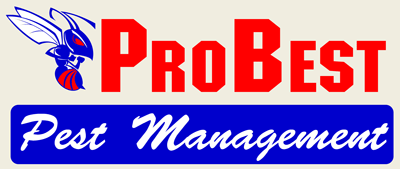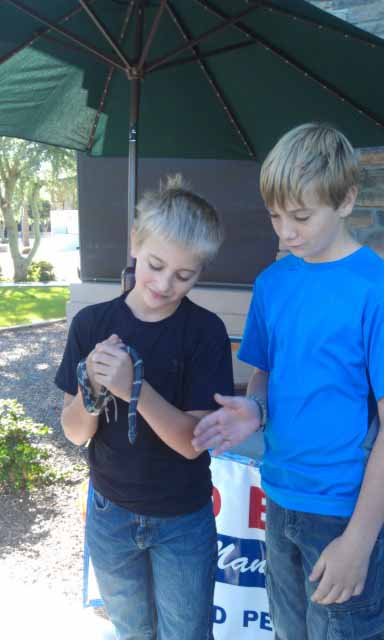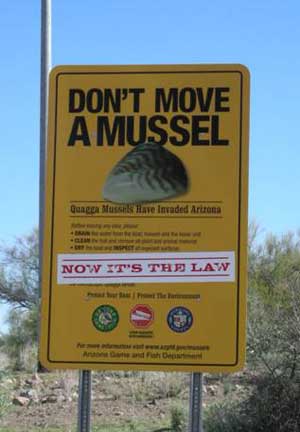Rat borne diseases can be a serious threat
With the advent of commercial type construction it seems that our cities are a megalopolis of people. So we come into contact more often with rat borne diseases. Most noteworthy you recently might remember a child died from Rat Bite Fever and many people have heard of rats biting people across the world. These types of diseases including rat bites and scratches can result in death and rat-bite fever. Rat urine is responsible for the spread of leptospirosis, which can result in liver and kidney damage. While it can also be contracted through handling or inhalation of scat. Especially relevant is that they are still animals and can return to a wild nature and they will bite and scratch.
So if you see one rat or mouse it is time to consult with a Pest Management Professional, call ProBest today at 602-249-7378
[embedyt] http://www.youtube.com/watch?v=v_BmcJGS27Q[/embedyt]








